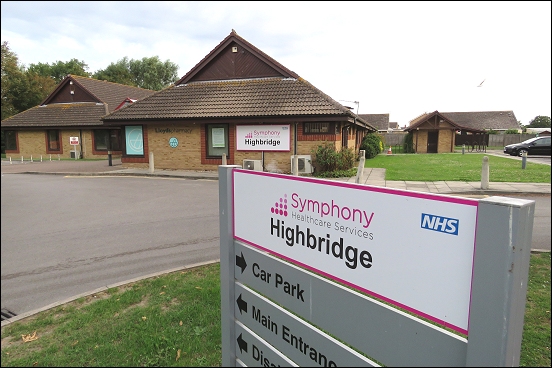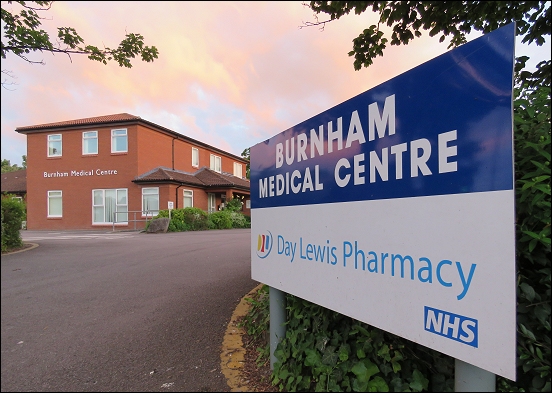Around 250 new mobile electrocardiogram (ECG) devices are now being distributed to GP practices, community teams and other healthcare practitioners across the NHS in the South West, including in the Burnham-On-Sea area.
The new devices detect irregular heart rhythms quickly and easily, enabling NHS staff to refer patients for follow up as they could be at risk of severe stroke.
Experts estimate that more than 13,500 people across the South West have an undiagnosed irregular heart rhythm, which can cause a stroke if not detected and treated appropriately, usually through blood-thinning medication to prevent clots that lead to stroke.
The rollout coincides with National Heart Month, which runs during February and raises awareness of heart conditions, and encourages everyone to make small changes towards a healthier lifestyle.
The new technology includes a smartphone-linked device that works via an app and a new blood pressure monitor that also detects heart rhythms. Small and easy-to-use, NHS staff can also take the devices on home visits to patients to check for irregular heart rhythms.

The new technology allows more staff to quickly and easily conduct pulse checks. The new mobile devices provide a far more sensitive and specific pulse check than a manual check and this reduces costly and unnecessary 12 lead ECGs to confirm diagnosis.
As a result, the South West project is expected to identify over 2,500 new cases of irregular heart rhythms (known as Atrial Fibrillation) over two years, which could prevent around 70 strokes, potentially save 18 lives and save over £1 million in associated health and costs.
Professor Stephen Powis, Medical Director of NHS England, said: “Cardiovascular disease kills more people in this country than anything else, but there are steps we can all take to prevent it. These innovations have enormous potential to prevent thousands of strokes each year, which is why NHS England has committed to funding the rollout of 6,000 mobile ECG devices to help identify cases of atrial fibrillation so behaviours can be changed and treatment started before strokes occur.”
“We are also encouraging people, during National Heart Month, to learn how to check their own pulse so we can catch even more cases.”
The devices are being rolled out by the 15 NHS and care innovation bodies, known as Academic Health Science Networks, in the first six months of this year as part of an NHS England-funded project.







